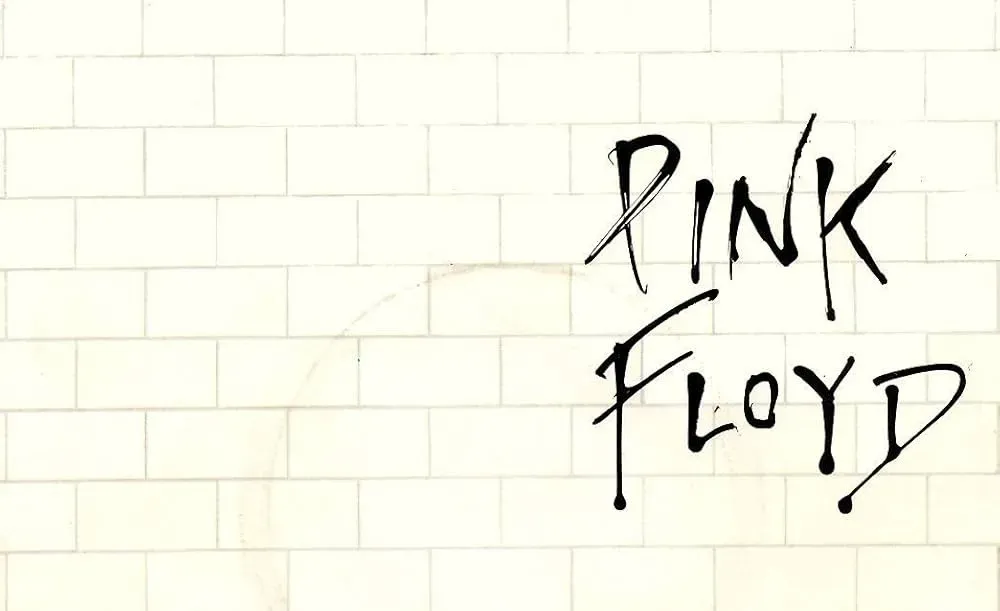Brains, Blazers and Bitter Pills

This piece is about my experience with the 1960s British education system in Swansea, a memory of a pivotal moment that felt like a victory but turned out to be something else entirely.
When I got my 11-plus result, a quiet shock ran through me, I had broken through something that wasn’t meant for someone like me.
Simon the Swot
One of my friends on Bardsey Avenue was a lad named Simon. I can’t remember if that was his first name or his surname. Simon was what we called a swot, an egghead, a teacher’s pet. He could play chess, always had the answer in class, and raised his hand with a smug enthusiasm that made the rest of us want to give him a slap.
He once tried to teach me chess, but I couldn’t sit still long enough. He’d have me checkmated in five moves while I was still trying to decide whether my rook could gallop like a knight. If a game didn’t involve swords, guns, or kicking a ball, I wasn’t interested.
The Great Sorting
By 1965, the dreaded 11-plus exam loomed. This was the test that sorted the sheep from the goats, the grammar school boys from the secondary modern cannon fodder. The system behind it, known as the tripartite system, was supposed to steer kids into different types of education depending on their “ability.” What it really did was reinforce Britain’s class system with the efficiency of a Victorian workhouse.
Grammar schools got the funding, the fancy subjects, and the polish. Secondary moderns got the vocational broom cupboard and a reminder of your place.
In theory, it was all about giving kids the education best suited to them. In practice, it felt like a state-run game of “know your place.” Grammar schools had Latin, algebra, and blazers. Secondary moderns were where you went to learn woodwork or how to fry fish without setting yourself alight.
Rigged from the Start
To show just how class-ridden it all was, earlier versions of the 11-plus included questions about classical composers and the duties of domestic servants. What chance did a working-class kid from a council estate have? The closest I got to classical music was my mam’s Cliff Richard records and the ice cream van chimes.
At school, I coasted. I did the bare minimum. My parents never encouraged me to work hard or aim high, school just wasn’t a priority in our house. So when the 11-plus came around, I assumed failure was a given. Simon, on the other hand, was everyone’s favourite to pass with flying colours.
And yet, somehow, I passed and Simon didn’t.
Sweet Revenge (With a Bitter Aftertaste)
My mother was chuffed to bits. Not only could she boast about my success, she could rub it in Simon’s mother’s face, a woman she believed had always looked down her nose at us. The following year, my brother Peter passed his 11-plus too, just to really rub salt into the wound.
I was given a place at Dynevor Grammar School, and my parents received a grant to help pay for the uniform, the cap, tie, the blazer, the whole bloody kit. It should’ve been a proud moment.
But in truth, what followed was one of the most miserable periods of my life.
The Soundtrack to Misery
If Pink Floyd wrote Another Brick in the Wall as a protest against soulless, authoritarian schooling, they must’ve spent time somewhere like Dynevor. Because that song? That was the soundtrack to my next year or so.